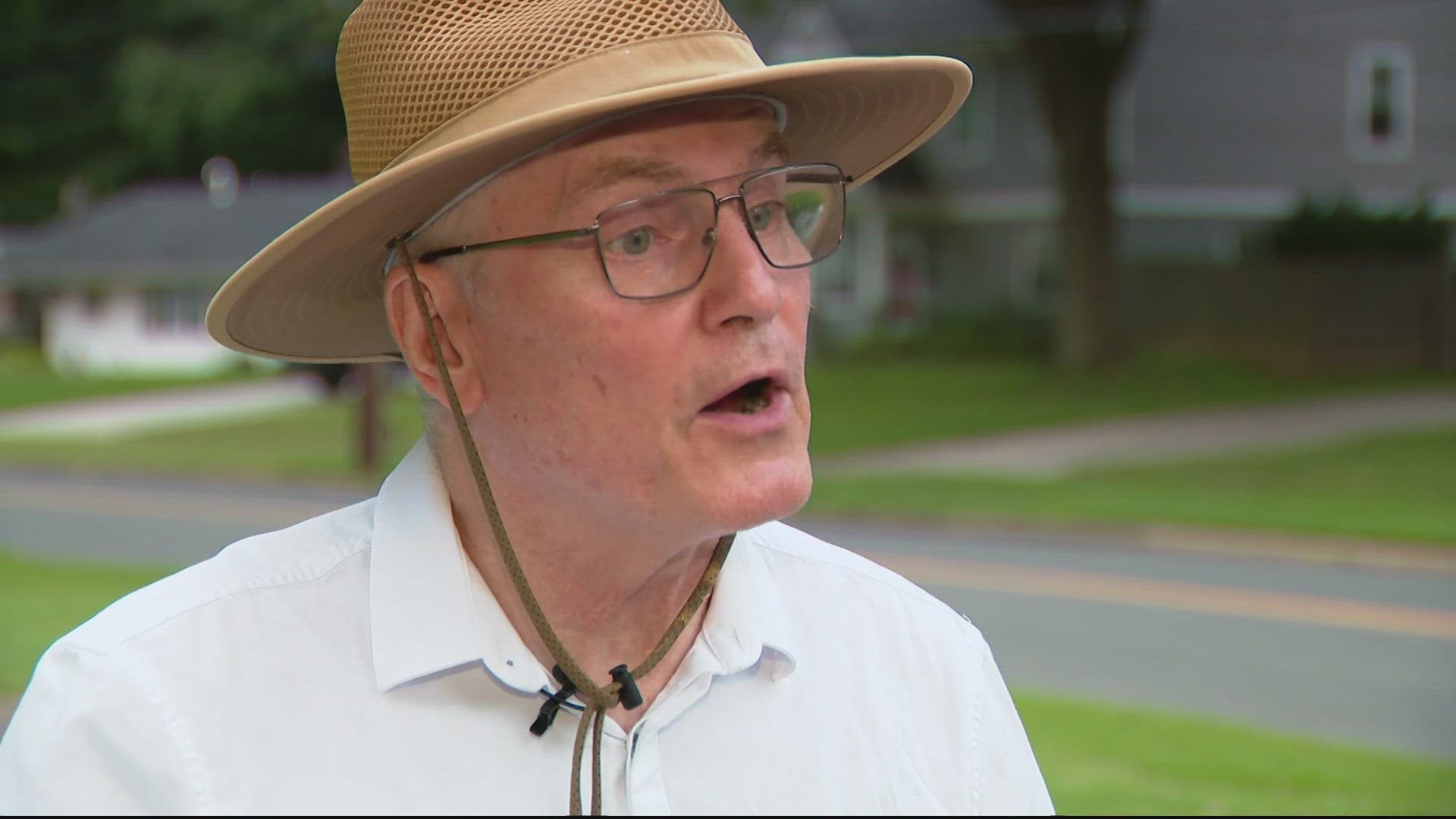SPRINGFIELD, Va. — For almost two years, leaders in Fairfax County have been working to reassess a zoning ordinance that regulates off-street parking and loading. They’re now proposing to change it by reducing the number of parking spaces at new developments.
The Parking Reimagined plan hopes to cut back on excessive unused parking lots by making neighborhoods more walkable and bikeable. Andres Jimenez of the Fairfax County Planning Commission stressed said the proposal supports the bigger plan to help the environment.
“Excessive amounts of parking create demand for parking and reduce opportunities to build more walkable, bikeable and transit supportive communities, and reduce the need for vehicle ownership in parking lots.,” Jimenez said during a meeting on Wednesday.
During the same meeting, many community members shared their support and opposition to the plan including Jeff Parnes, who worries what Parking Reimagined would do to neighborhoods.
“I do not like people to tell me for the betterment of the environment, you should not have the ability to have your cars,” said Parnes, the president of the Sully District Council of Citizens Associations. “The people who live in the neighborhoods will see the overflow parking invade their community.”
One of the major changes is a tiered system for off-street parking requirements in primarily high-density areas with more access to public transit.
The first action to overhaul the system since 1988 would affect developments including retail, multifamily homes, and office buildings through a tiered system.
For example, multifamily residential from 1.6 spaces per unit down to 1.3 spaces per unit if the proposal is passed.
Commercial uses were modified to establish a consistent rate of 4 spaces per 1,000 square feet for most retail and service uses.
The project also wants to change loading spaces requirements.
Parnes, who also helped write a letter to the county in tandem with the West Fairfax County Citizens Association, wrote, “The proposals to reduce minimum loading space requirements, and allow additional administrative reductions of loading spaces, will exacerbate the currently observed and documented conflicts between delivery vehicles and the users of disabled parking spaces.”
Parnes fears it would serve developers more and negatively impact low-income families. Since he fears they are not guaranteed, he wants the commission to amend the proposal to require affordable housing and green spaces.
However, there are supporters for the plan including Carey Campbell of the Independent Green party of Virginia. Many share the same sentiment that this is the first step that can later be tweaked.
“We need walkable, bikeable, pedestrian and rail friendly communities because they increase the value of our communities,” said Campbell. “To do nothing is to get us nowhere. If you reduce parking requirements, then you can build for less and create more space for people and less space for automobiles.”
The Planning Commission deferred the vote until Sept. 13, when more people are expected to speak out during another round of public comments.

